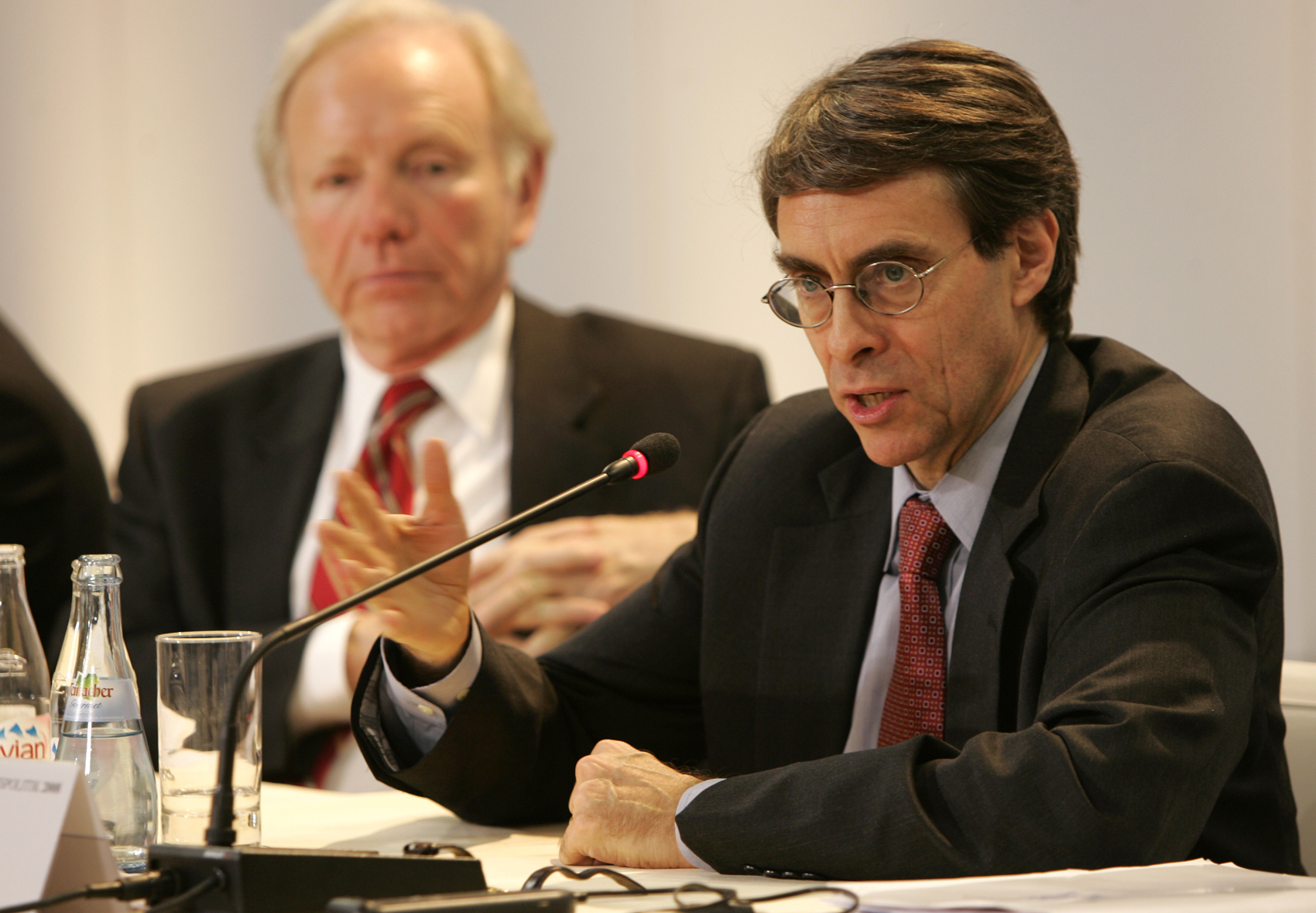
(Photo of Kenneth Roth speaking at the 44th Munich Security Conference 2008)
Responding to German Ambassador to Sri Lanka and the Maldives, Holger Seubert, Amnesty International have lambasted calls for a “consensual resolution”, at the upcoming UN Human Rights Council session, highlighting that Sri Lankan government has not shown any support for “an international process to end the cycle of impunity and advance accountability”.
They further stated on Twitter:
Nothing from the Sri Lankan government indicates that it is prepared to launch a credible national mechanism capable of holding to account those responsible for committing grave international law violations. Victims have heard this too many times. #HRC46 #SriLanka https://t.co/2njjuBQPaQ
— Amnesty International South Asia (@amnestysasia) January 25, 2021
The executive director of Human Rights Watch, Kenneth Roth, shared this scepticism maintaining that a “weak consensual resolution” was inadequate.
He said on Twitter:
Germany shouldn't be pushing for a weak consensual resolution on Sri Lanka, which has completely disregarded the UN Human Rights Council. Time to get real and adopt a tough resolution that reflects the gravity of the situation as the UN rights chief described in her new report. https://t.co/UOQYRZkXcO
— Kenneth Roth (@KenRoth) January 25, 2021
Wenzel Michalski, Human Rights Watch's German Director, further critiqued the call for consensus stating on Twitter:
A consensual resolution would effectively mean lowering the bar to whatever the Rajapaksas would accept. Irritating that you are calling for it.
— Wenzel Michalski (@WenzelMichalski) January 25, 2021
Senior Advocacy Officer for People Equality and Relief in Lanka, Sagi Thilipkumar, criticised the German ambassador's statement noting Sri Lanka's withdrawal from the UN resolution and describing a renewed "consensus" as "a mockery of the victims and the whole UNHRC process".
Sri Lankas Verhalten und Rückzug bzgl. der jetzigen Resolution zeigt klar, dass sie einen Konsens nicht respektieren. Ein erneuter „Konsens“ wäre also nur bei einer lächerlich schwachen Resolution vorstellbar. Dies wäre ein blanker Hohn für die Opfer und dem ganzen UNHRC Prozess. https://t.co/Fuvufh5f2G
— Sagi Thilipkumar (@Sagisagt) January 25, 2021
He further noted that a lack of political will on behalf of Sri Lanka to prosecute international crimes and noted that "Sri Lanka will never hold its own people accountable".
"The only avenue for justice for the Tamil people is through a fully international mechanism" he maintained.
Sri Lanka Campaign for Peace and Justice has also denounced attempts at a domestic led approach stating on Twitter:
The Sri Lankan government has withdrawn from previous commitments, reversed the little existing progress towards accountability and justice, and demonstrated repeatedly that a domestic mechanism will not be credible - we hope to see states push for a strong resolution at the HRC https://t.co/Y7nKwa1BT4
— Sri Lanka Campaign (@SLcampaign) January 25, 2021
Amnesty International has called on core-group members and UNHRC members to “adopt a new, robust approach to continue monitoring and reporting on the human rights situation, collect, analyse, and preserve evidence for future prosecutions”.


